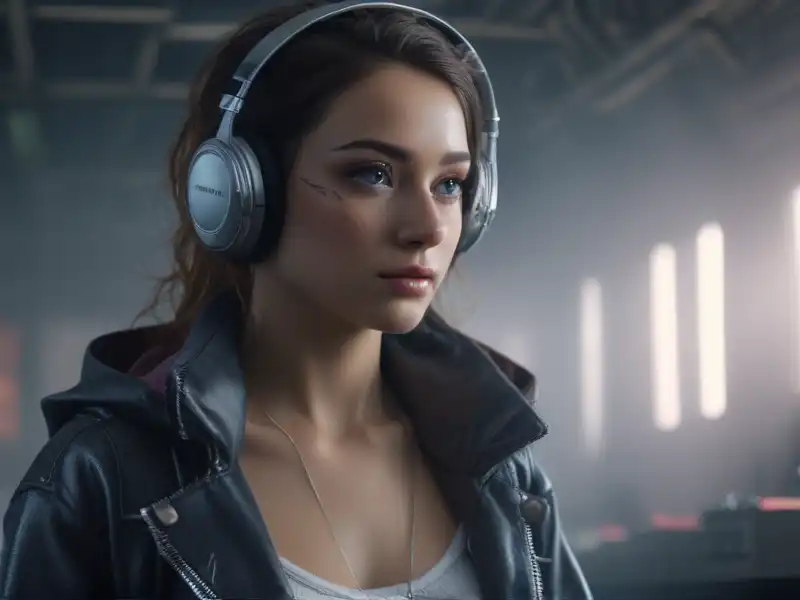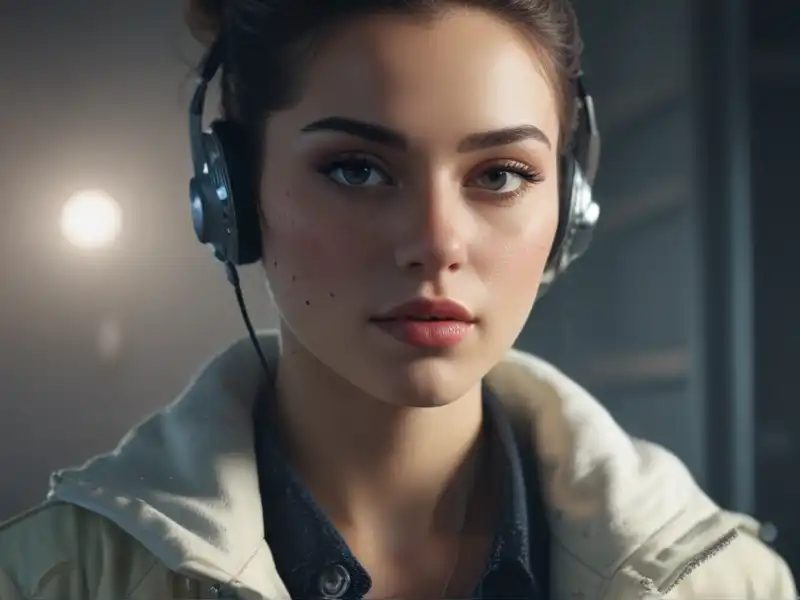As technology continues to advance, the music industry is embracing the possibilities of AI-generated music. Independent artists, in particular, can benefit from the latest trends in AI music creation and production. In this article, we will explore the current landscape of AI-generated music and provide insights into what independent artists need to know in order to stay competitive and innovative in this rapidly evolving industry. From understanding the potential of AI tools to navigating copyright issues, we will cover everything independent artists should be aware of in the world of AI-generated music.
AI-Generated Music: A Game-Changer for Independent Artists

AI-generated music, also known as algorithmic music, is revolutionizing the way music is created and enjoyed. With the help of AI algorithms and machine learning techniques, musicians can now generate melodies, harmonies, and even entire songs with ease. This technology has opened up a world of possibilities for independent artists who may not have access to traditional resources or a large budget. By leveraging AI tools, independent artists can experiment with different sounds, styles, and genres to push the boundaries of their creativity.
One of the key benefits of AI-generated music is its ability to streamline the music production process. With AI algorithms, artists can automate tasks such as arranging, mixing, and mastering, allowing them to focus more on the creative aspects of their work. This not only saves time and effort but also opens up new possibilities for collaboration and experimentation. Independent artists can use AI-generated music as a tool to enhance their music production skills and create unique, innovative sounds that set them apart from the competition.

Navigating Copyright Issues in AI-Generated Music
While AI-generated music offers a wealth of creative opportunities, it also raises important questions about copyright and ownership. Who owns the rights to music created using AI algorithms? Can AI-generated music be copyrighted? These are complex legal issues that independent artists need to be aware of when using AI tools in their music production process.
In general, copyright law protects original works of authorship that are fixed in a tangible medium of expression. This includes music compositions, recordings, and performances. When it comes to AI-generated music, the question of authorship becomes more complicated. While the AI algorithm may generate the music, it is the human creator who ultimately decides how to use and distribute it. In some cases, the human creator may be considered the author of the AI-generated music, while in others, the rights may belong to the developer of the AI algorithm.
To avoid potential copyright issues, independent artists should carefully read the terms of use for any AI tools they use and seek legal advice if necessary. By understanding their rights and obligations, artists can protect their work and ensure that they are not infringing on the rights of others. Additionally, artists should consider registering their music with copyright offices to establish a clear record of ownership.
The Future of AI-Generated Music for Independent Artists
The future of AI-generated music is bright for independent artists who are willing to embrace new technologies and trends. As AI algorithms continue to evolve and improve, artists will have access to even more powerful tools for creating and producing music. From virtual songwriting assistants to advanced music recommendation systems, AI is reshaping the music industry in exciting ways.
For independent artists, the key to success in this rapidly changing landscape is to stay informed and open to experimentation. By exploring the latest AI tools and techniques, artists can discover new ways to express their creativity and connect with audiences on a deeper level. Whether it's using AI to generate new musical ideas or enhance live performances, independent artists have a wealth of opportunities at their fingertips.
In conclusion, the world of AI-generated music presents a wealth of opportunities and challenges for independent artists. By understanding the latest trends and technologies in AI music creation, artists can stay ahead of the curve and create music that is innovative, compelling, and uniquely their own. With the right knowledge and skills, independent artists can harness the power of AI-generated music to take their music careers to new heights.

